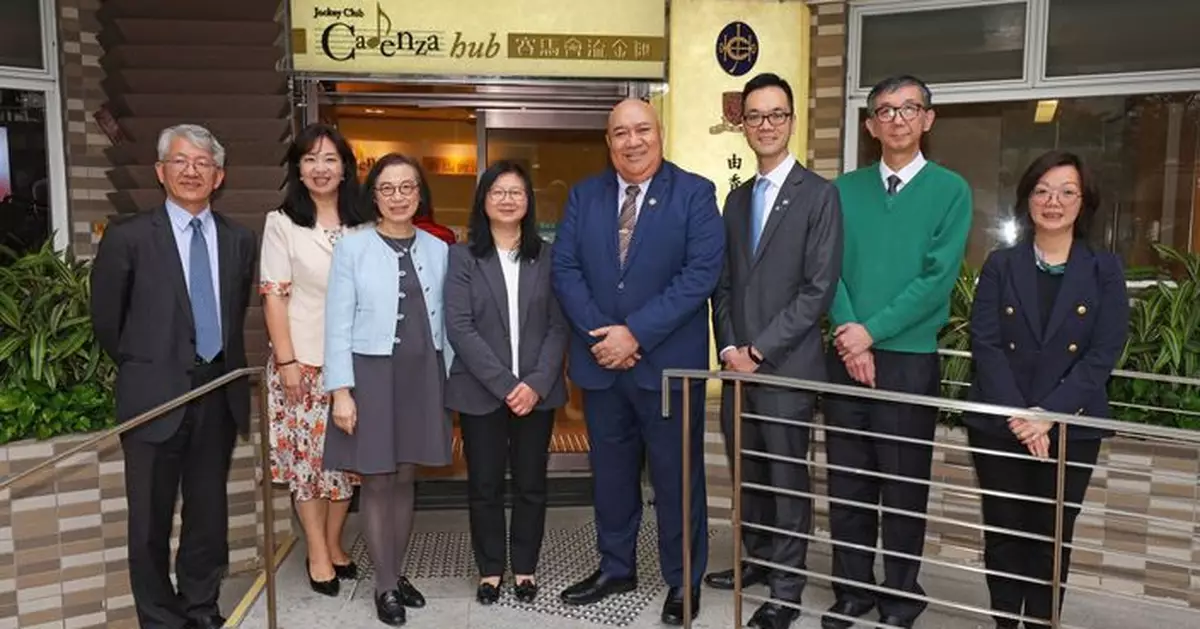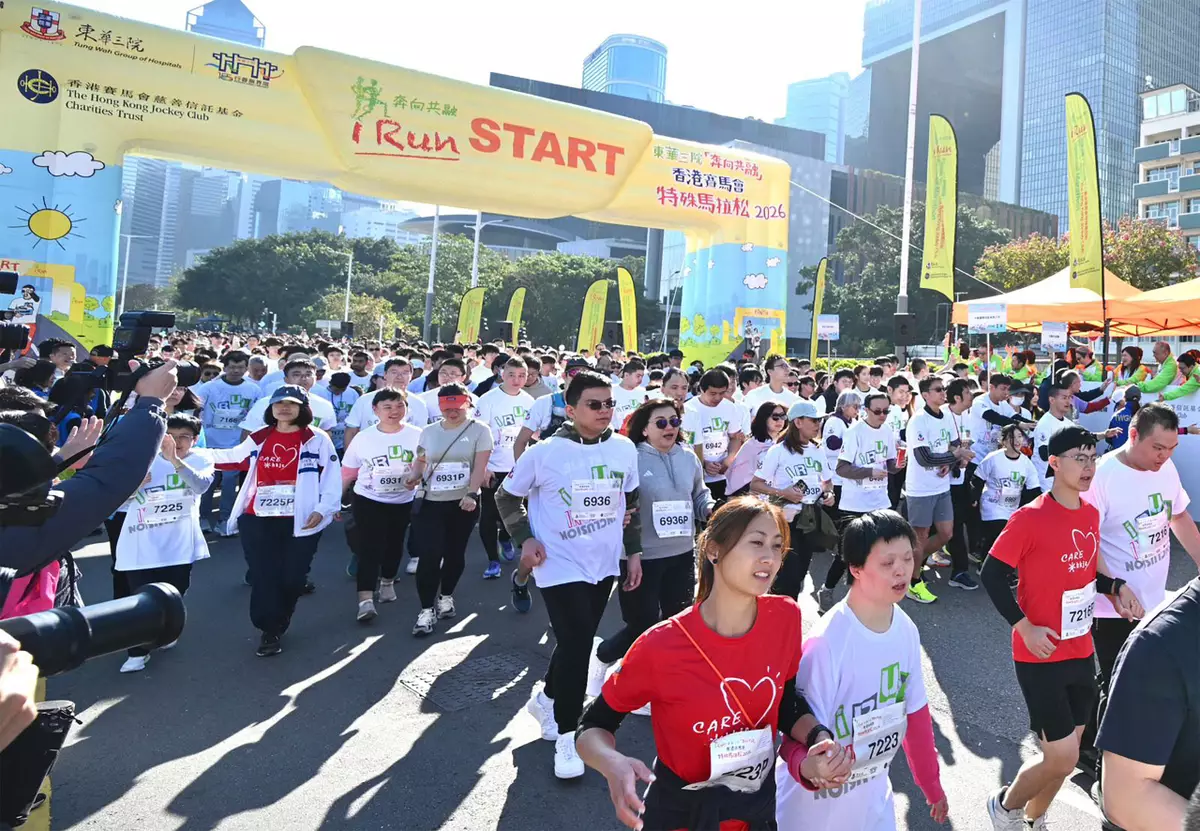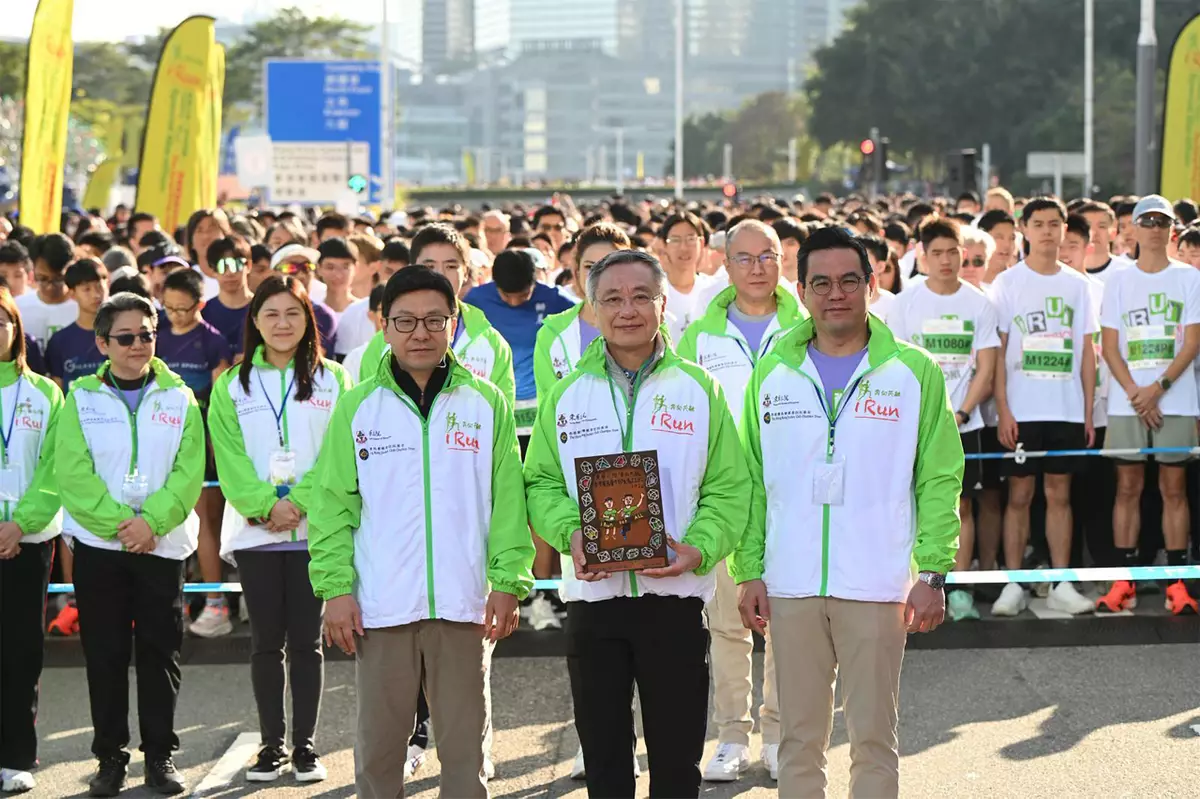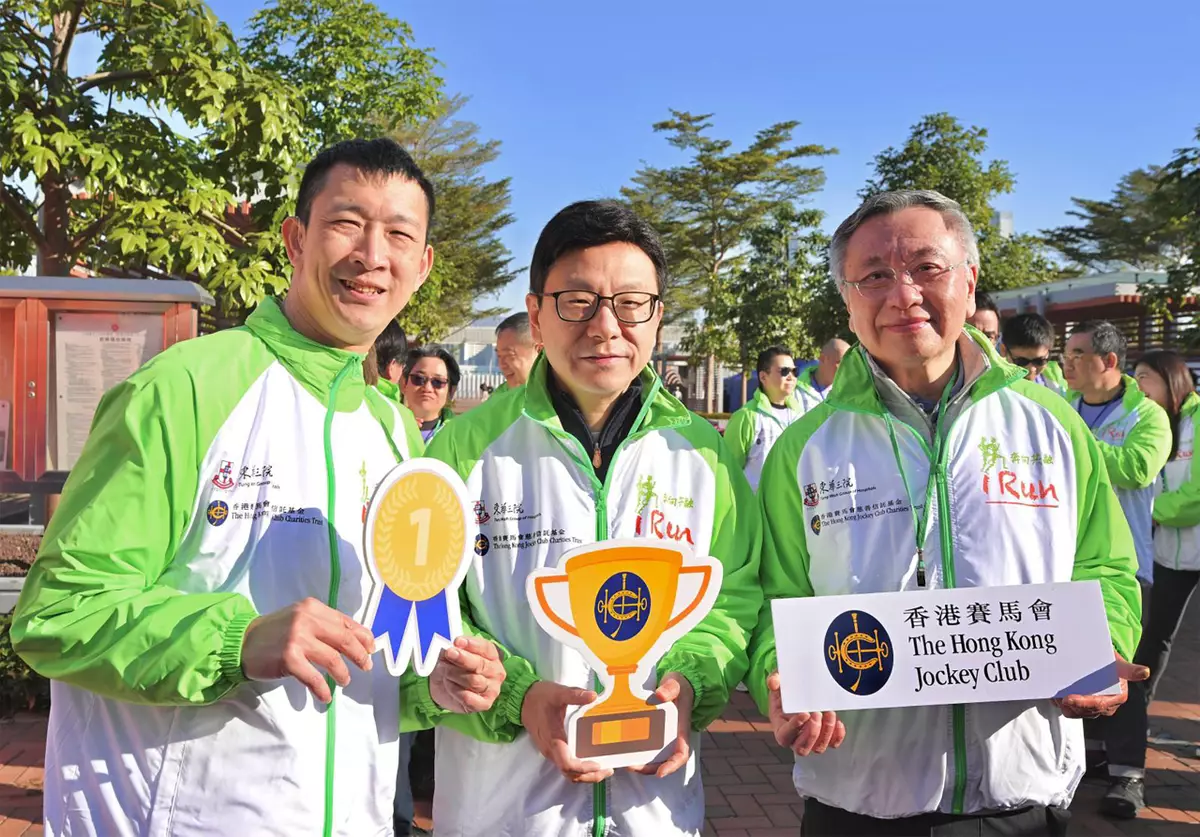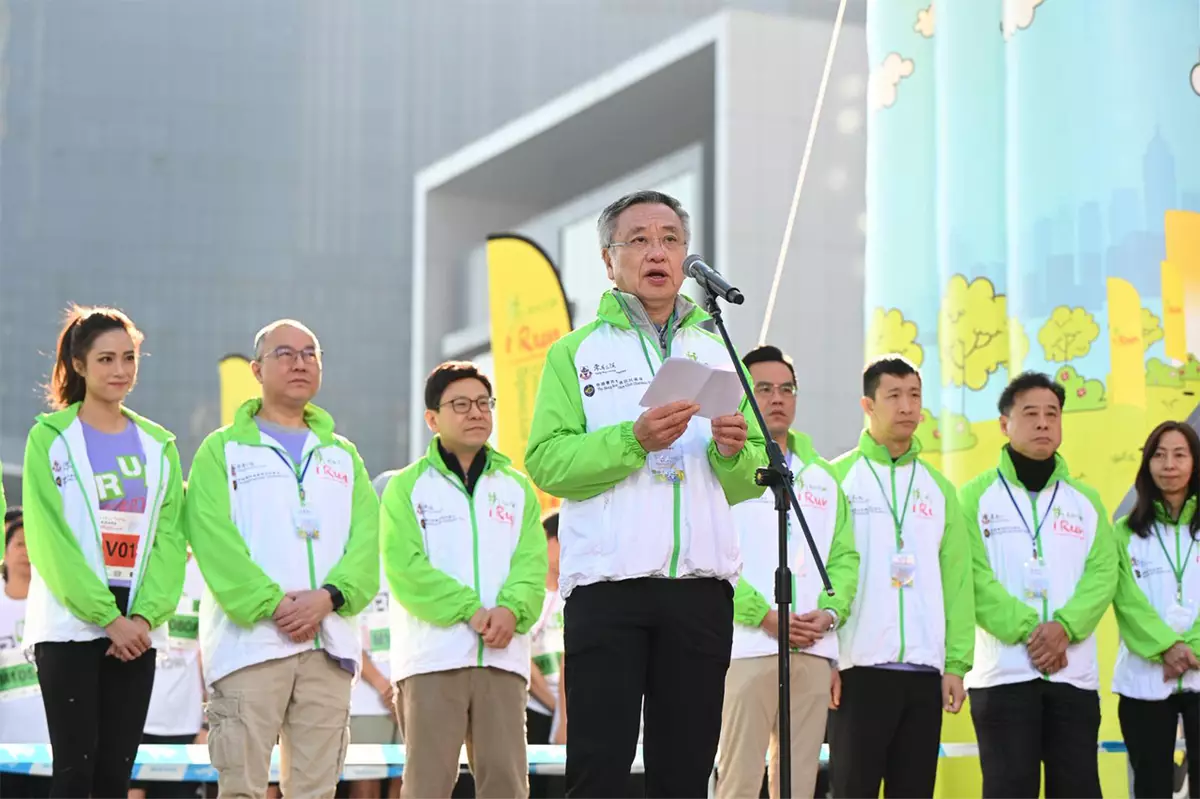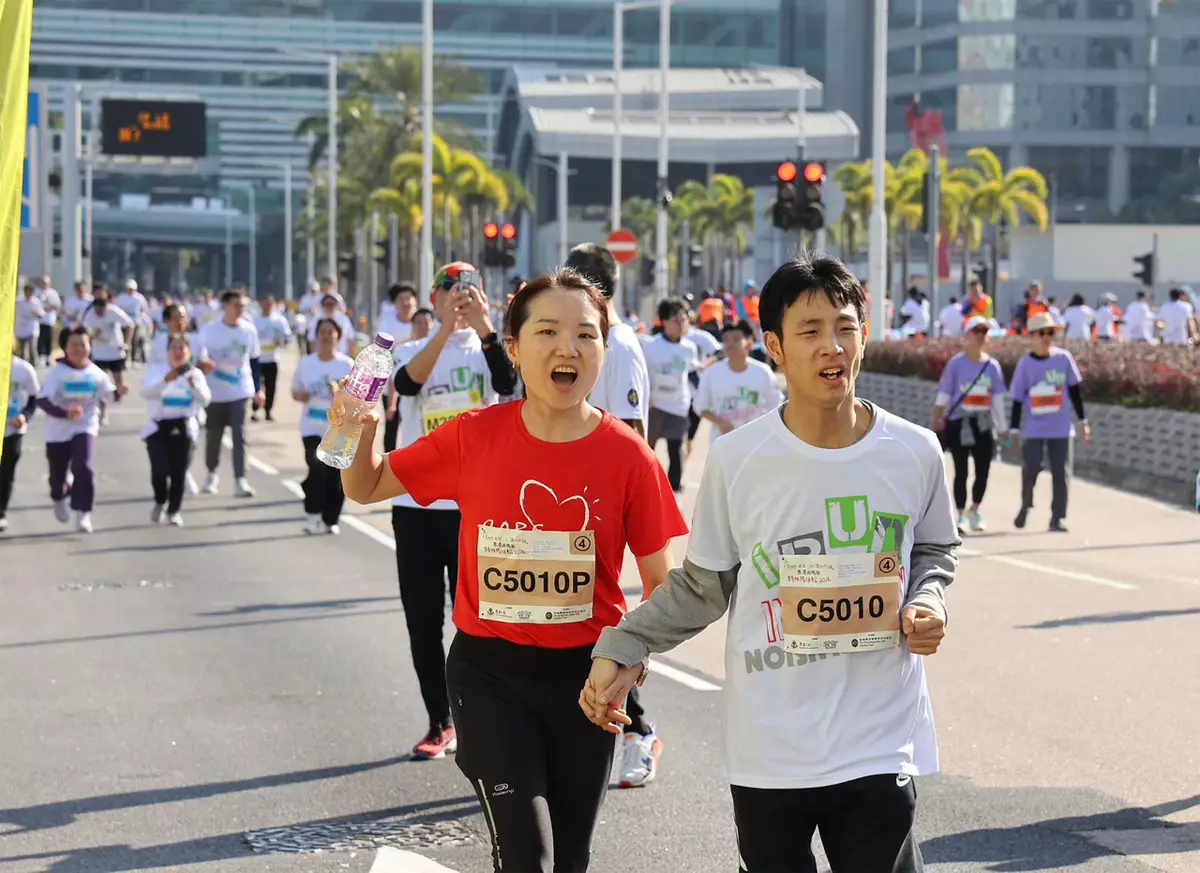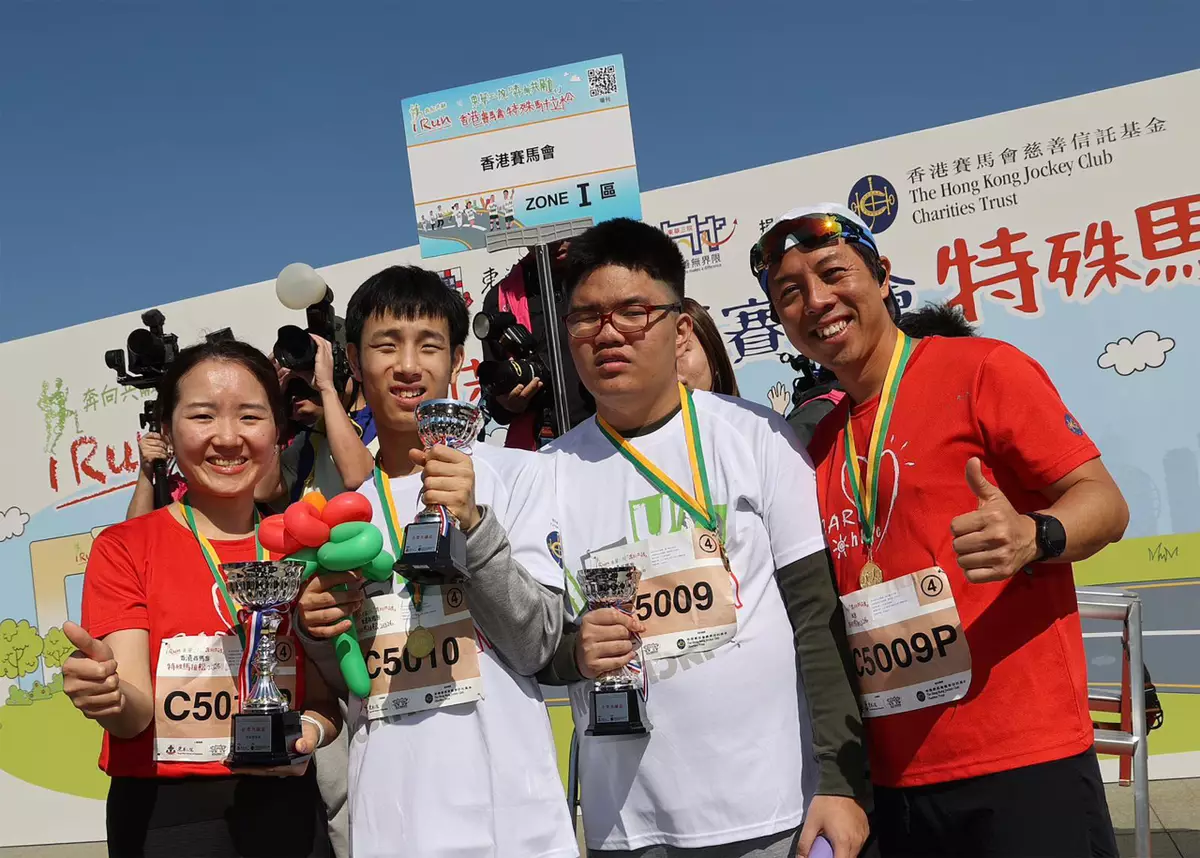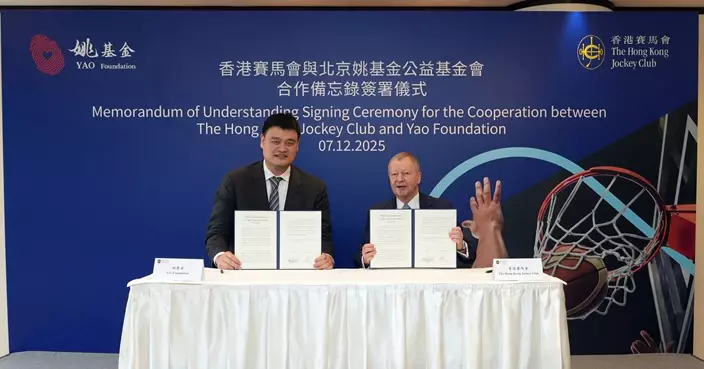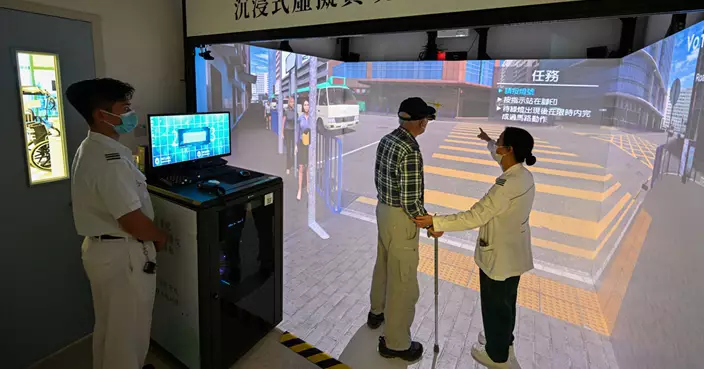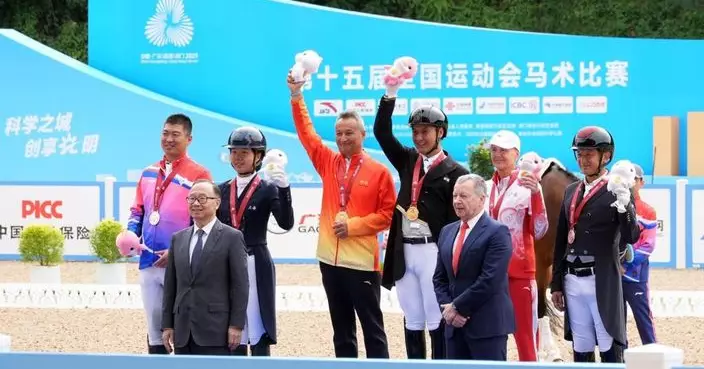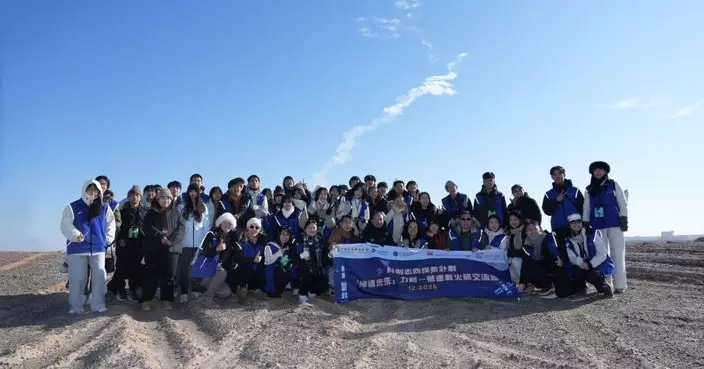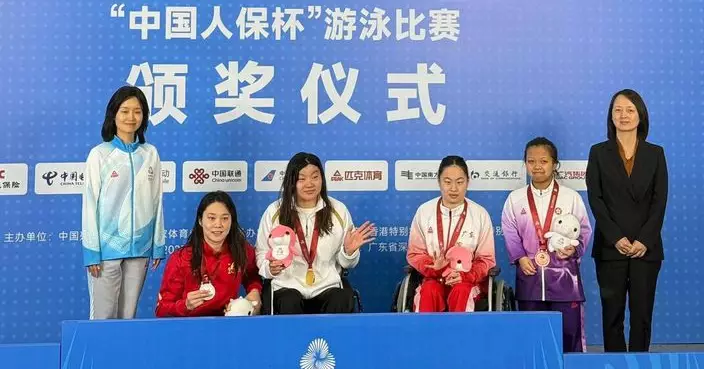The World Health Organization’s (“WHO”) Regional Director for the Western Pacific, Dr Saia Ma’u Piukala, visited the Jockey Club CADENZA Hub (“JCCH”) at Tai Po on 14 March, where he learned about the Club’s decades-long contribution to the development of primary health-care services in Hong Kong for the young olds (50+) and elders (60+). The trip formed part of his official visit to Hong Kong and Macau to learn about the development of primary health care in the two special administrative regions.
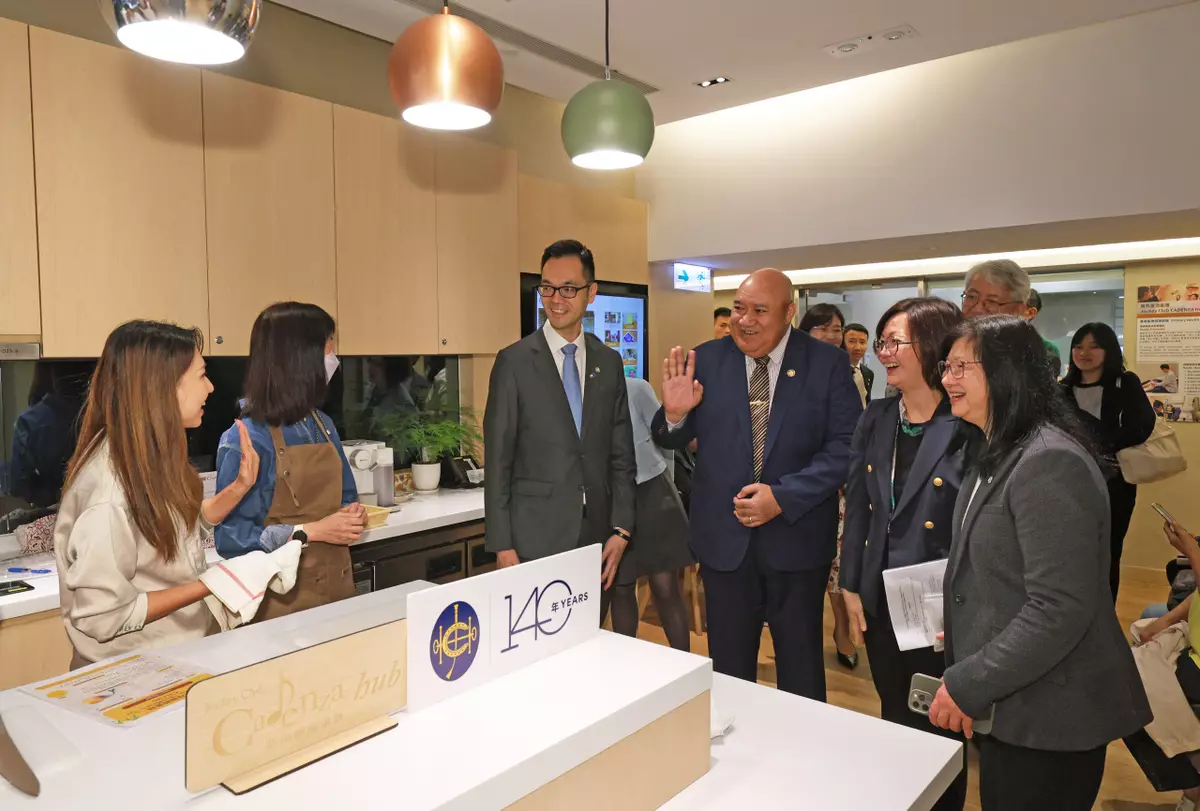
Dr Saia Ma’u Piukala, WHO’s Regional Director for the Western Pacific (3rd right), Imelda Chan, Head of Charities (Positive Ageing & Elderly Care; and Healthy Community) of The Hong Kong Jockey Club (1st right), and Brian San, Co-secretary General of IoP (3rd left), tour the Jockey Club CADENZA Hub to learn more about its day care and primary care services such as dietetic cooking class and Chinese medicine clinic.
Accompanied by Imelda Chan, Head of Charities (Positive Ageing & Elderly Care; and Healthy Community) of The Hong Kong Jockey Club, and Brian San, Co-Secretary General of the Institute of Philanthropy (“IoP”), Dr Saia Ma’u Piukala was briefed on the latest primary care services and facilities at the CADENZA Hub and also met some of the beneficiaries.
The Hong Kong Jockey Club’s Charities Trust initiated the “CADENZA: A Jockey Club Initiative for Seniors” project in 2006 to improve quality of life and care for the elderly. JCCH was set up in 2009 as a community project under CADENZA, providing one-stop and diversified services including primary care and day care.
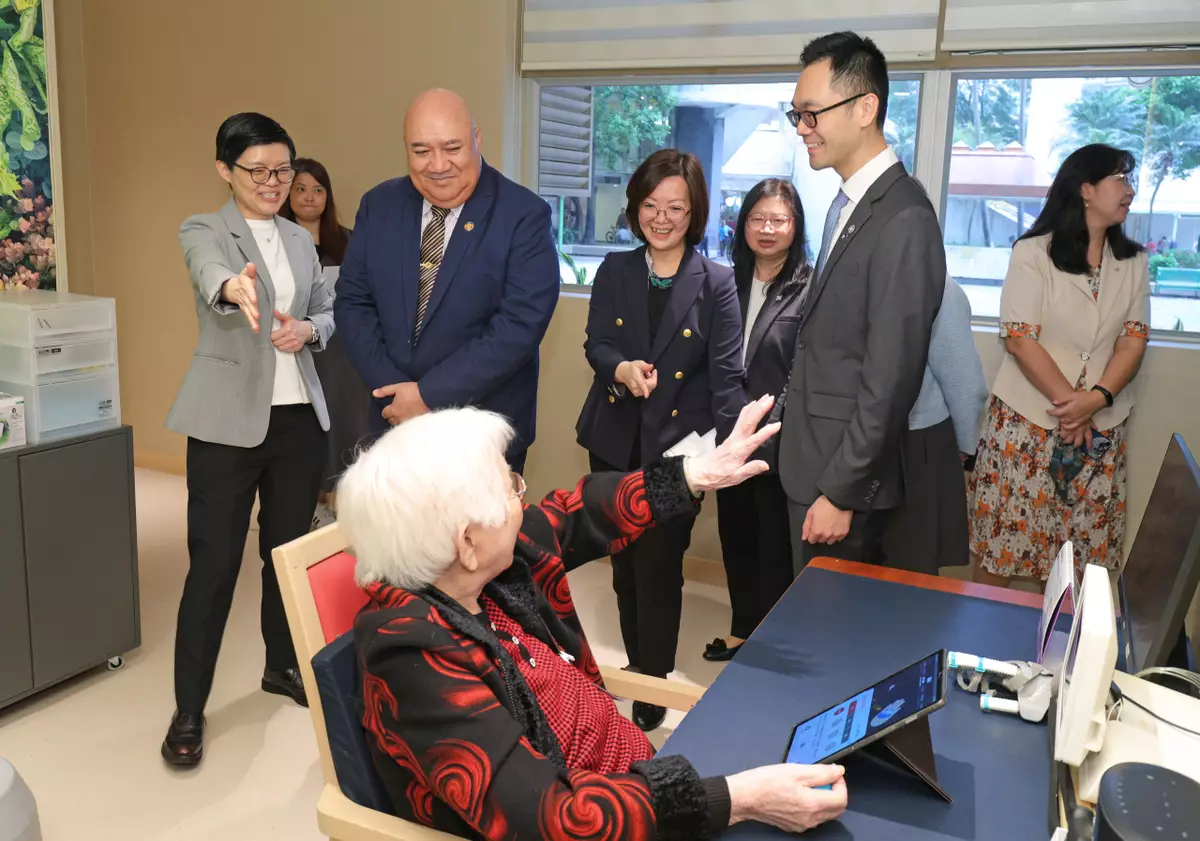
Guests tour the Jockey Club CADENZA Hub to learn more about its day care and primary care services.
“It is a pleasure to have the opportunity to learn about the work and efforts of the CADENZA Hub in promoting and implementing primary health-care services for the young olds and the elders,” Dr Saia Ma’u Piukala said. “The experiences and feedback collected from these services will be a great reference for the WHO’s efforts to enhance global health standards, particularly in advancing primary health care.”
Imelda Chan, Head of Charities (Positive Ageing & Elderly Care; and Healthy Community), said: “An ageing population presents a significant challenge for Hong Kong and the rest of the world, increasing the pressure on public health-care systems. We are honoured to have this opportunity to share the Club’s efforts with WHO in adopting innovative approaches to strengthen primary health-care services and create an elderly- and age-friendly community environment.”
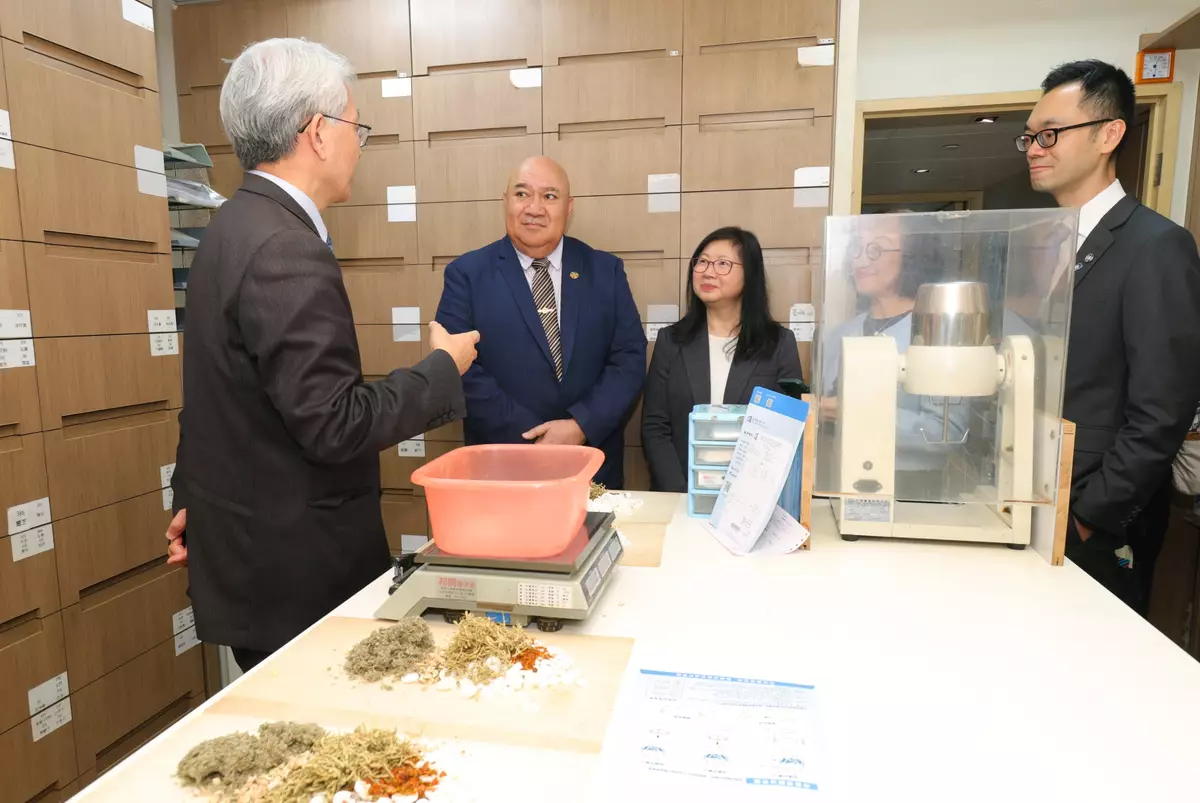
Guests tour the Jockey Club CADENZA Hub to learn more about its day care and primary care services.
JCCH uses a “medical-social collaboration” model providing diversified services for the elderly including day care for people with dementia featuring therapeutic programmes, basic nursing care and rehabilitation exercises to improve their self-care capabilities and delay cognitive decline. It also offers primary-care services such as eye examinations, aural screening, traditional Chinese medicine (“TCM”) consultations, advice on diet and nutrition as well as workshops and training programmes on monitoring well-being to promote healthy lifestyles and prevent premature frailty. Since its inception, JCCH seen more than 400,000 people attend its primary care and day-care services.
In recent years, JCCH has also served as a testing ground for collaboration on new pilot projects with universities and non-governmental organisations before they get scaled up to territory wide programmes. These include the Jockey Club Integrating TCM into Chronic Disease Prevention and Management Project, which promotes chronic disease prevention and management through TCM screening and treatment; the Jockey Club “Shining Journey 50+”Women Wellness Programme, which takes reference from WHO’s Integrated Care for Older People framework to promote wellness for women aged 50 to 64; and the Trust-initiated Jockey Club Community eHealth Care Project, which applies eHealth technology to encourage elderly people to improve their self-management.
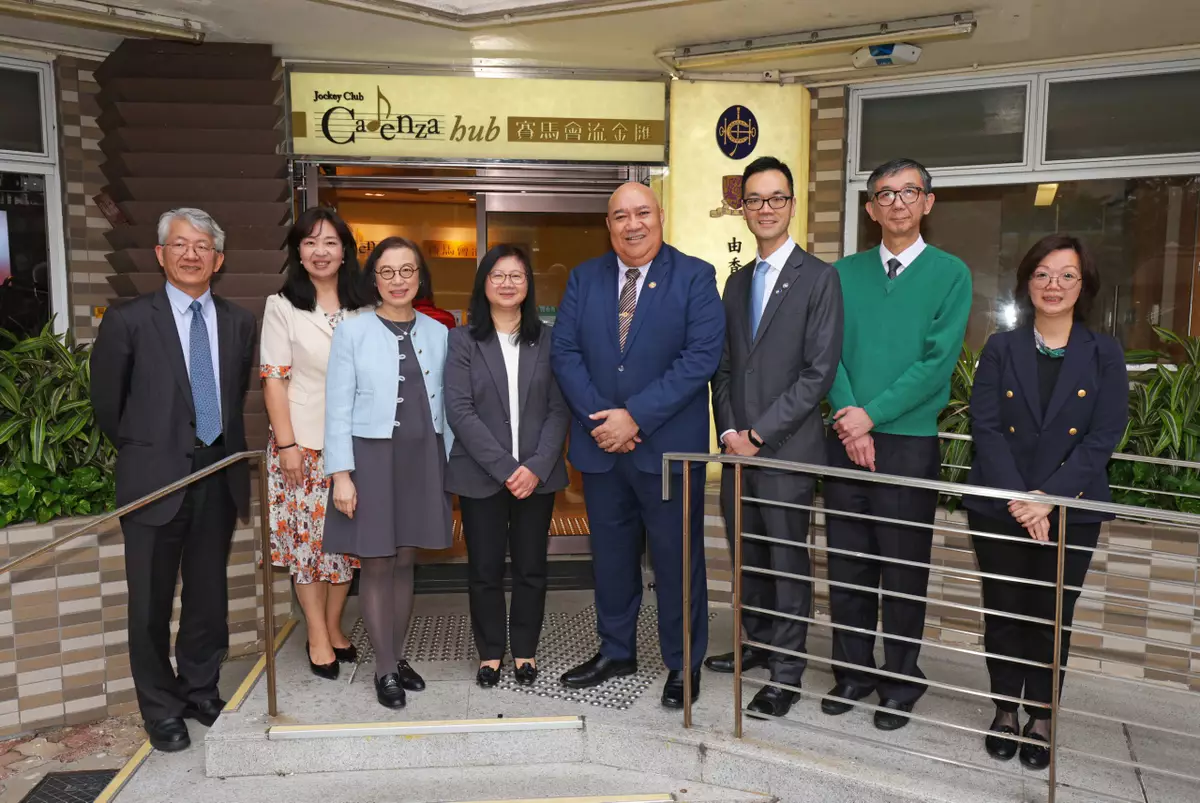
Visiting the Jockey Club CADENZA Hub are Dr Saia Ma’u Piukala, WHO’s Regional Director for the Western Pacific (4th right); Imelda Chan, Head of Charities (Positive Ageing & Elderly Care; and Healthy Community) of The Hong Kong Jockey Club (4th left); Brian San, Co secretary General of IoP (3rd right); Professor Sophia Chan, Convenor of the Advisory Committee of the Jockey Club Pharm+ Community Medication Service Network (3rd left); Professor Timothy Kwok, Director of the Jockey Club Centre for Positive Ageing (2nd right);Dr Liu Yue, Executive Officer of the Division of Programme Management for WHO’s Western Pacific Reginal Office (2nd left); Florence Ho, General Manager of the Jockey Club CADENZA Hub (1st right); and Professor Bian Zhaoxiang, Associate Vice-President (Clinical Chinese Medicine) of Hong Kong Baptist University (1st left).
In addition to building a healthy community in Hong Kong, the Club and its Charities Trust established IoP in 2023 as a “think-fund-do” tank to promote philanthropic thought-leadership. It aims to professionalise the sector and fund impactful philanthropy, including contributing to WHO’s efforts to tackle critical global health challenges. This January, IoP hosted a special event at the Prince Mahidol Award Conference 2025 in Bangkok, where it announced a donation of US$1.9 million (HK$14.8 million) to fund a three-year pilot project by the WHO Western Pacific Regional Office. This focuses on controlling and managing non-communicable diseases within primary-care settings in the Philippines, Tonga and the Solomon Islands.


